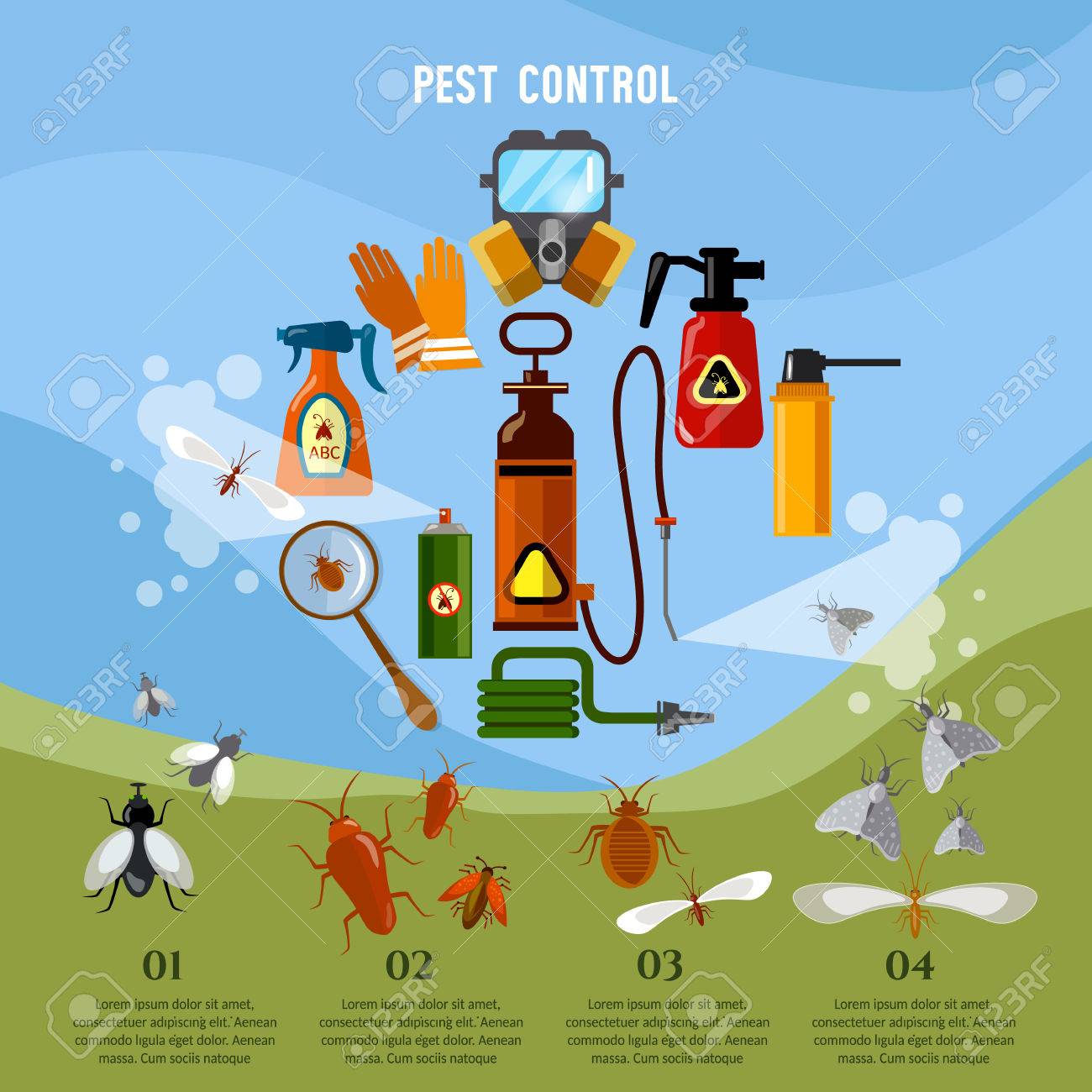The Pros And Cons Of Chemical Bed Bug Treatments: What You Need To Know
The Pros And Cons Of Chemical Bed Bug Treatments: What You Need To Know
Blog Article
Post Created By-George Espinoza
Did you recognize that bed insects are one of one of the most tough bugs to remove? If you're thinking about chemical treatments to eliminate these pesky creatures, it is very important to weigh the advantages and disadvantages.
In this short article, we'll check out the effectiveness of chemical bed bug treatments, the potential health and wellness threats related to them, and their effect on the setting.
By recognizing these aspects, you'll be much better equipped to make an educated decision concerning tackling your bed insect issue.
Performance of Chemical Bed Bug Treatments
You will be pleased to understand that chemical bed bug therapies are generally fairly effective in eliminating infestations. These treatments function by targeting the bed pests' nervous system and interrupting their ability to feed and replicate. By using chemicals especially made to kill bed bugs, you can effectively eliminate them from your home.
One of the benefits of chemical therapies is their capacity to reach also one of the most hard-to-reach locations, such as cracks and crevices where bed pests like to hide. In Innovative rodent control technology , chemical therapies can provide long-lasting outcomes, helping to prevent future invasions.
Nevertheless, it is necessary to follow the directions meticulously and take necessary safety preventative measures when using these therapies.
Prospective Health Risks of Chemical Bed Pest Treatments
There are several prospective health and wellness risks connected with chemical bed pest therapies that you need to recognize. While these therapies can efficiently eliminate bed insects, they may additionally position dangers to your wellness.
One usual risk is the direct exposure to harmful chemicals. The pesticides utilized in these treatments can be dangerous if inhaled or if they come into contact with your skin. Some people may experience allergies or respiratory system issues consequently.
In addition, chemical treatments might leave behind residue on surfaces, which can be consumed or taken in via the skin, causing more health and wellness difficulties.
It is essential to thoroughly adhere to the directions provided by specialists and take essential precautions to reduce the prospective health and wellness threats related to chemical bed insect treatments.
Environmental Impact of Chemical Bed Bug Therapies
One possible worry about chemical bed insect treatments is their impact on the setting. When considering the ecological impact of chemical bed bug therapies, right here are 4 important aspects to bear in mind:
1. https://squareblogs.net/detra7162renato/securing-your-furry-buddies-bug-control-steps-for-pet-parents : Chemical treatments can possibly pollute water sources, causing harmful effects on water life and communities.
2. Air pollution: The release of chemical fumes during treatment can add to air pollution, affecting not only the setting however additionally human health.
3. Harm to useful insects: Chemical therapies might not only target bed pests yet likewise harm advantageous bugs such as bees and butterflies, which play crucial functions in pollination.
4. Long-lasting results: Using chemicals may have long-lasting repercussions on the atmosphere, including dirt contamination and disturbance of all-natural ecosystems.
Thinking about these factors, it's crucial to consider the possible dangers and benefits of chemical bed insect treatments and check out alternate, much more eco-friendly alternatives.
Final thought
So, when it involves chemical bed insect therapies, there are certainly pros and cons to think about.
On one hand, they can be highly efficient in removing these pesky parasites.
Nonetheless, there are prospective health threats to be aware of, as well as the ecological effect of using chemicals.
It is necessary to consider these variables carefully prior to deciding on a therapy method.
But, what happens if there was an additional solution? Something that could efficiently remove bed pests without the downsides?
Stay tuned, since there might just be an unexpected option imminent.
